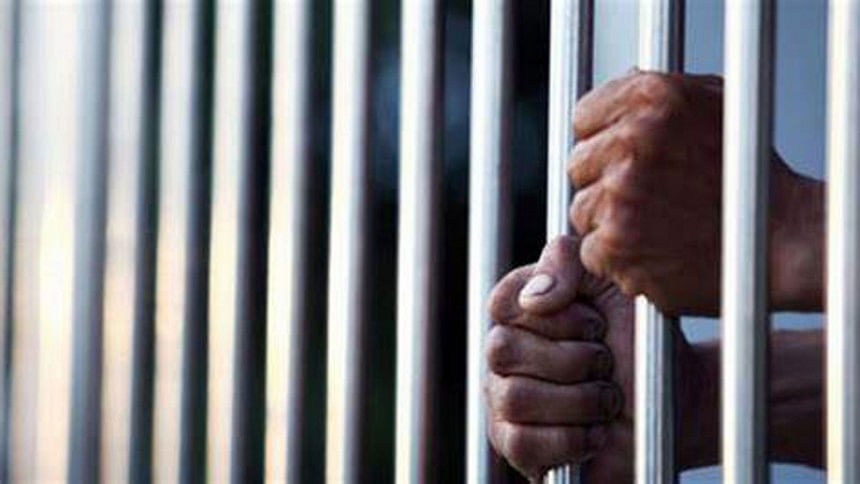Lessons from the Derek Chauvin Trial

Derek Chauvin Trial has shown us the importance of ensuring racial justice. A cop is not beyond the law when he commits a crime. The government's cooperation, state authority, and the police department have helped to finish a speedy and fair trial described as the "turning point in history" for the US.
The former Minneapolis police officer Derek Chauvin has been found guilty by the court in all three charges against him. George Floyd, an African-American man, died on May 25, 2020 and a video of Chauvin pressing his knee on the neck of Floyd went viral. His death erupted Black Live Matters (BLM) movement all across US which demanded justice for Floyd and security for the rights of the Black people in the US. Chauvin has been found guilty of second-degree unintentional murder, third-degree murder and second-degree manslaughter by the court. The verdict has been welcomed by rights groups all over the world.
There are some lessons for us in this historic trial. The trial has manifested racial justice clearly through a legal mechanism that has given a clear message to the world that no one should suffer infliction of torture. The family lawyer of Floyd's family described the verdict as the "turning point in history" for the US. The Universal Declaration of Human Rights (UDHR) and other legal instruments recognise that every human being has the right to life and protection of the law without any discrimination subject to race or ethnicity. President Biden's administration has already declared a thorough investigation on Minneapolis Police Department to find out the misuse of the law by cops as part of the strong demand for reformation of policing in America. This initiative can be described as a victory for Black people and other minority groups. Bangladesh also has different ethnic minority groups that need extra protection in terms of their ancestral land rights, protection of law and security, livelihood, etc. Often, there have been allegations against the security for their roles in the Chittagong Hill Tracts and other areas. Attacks on Santal, Tanchangya and other ethnic groups have been reported in recent years when law enforcement agencies' roles were questioned. The state has to secure their constitutional rights without discrimination.
This trial has convicted an on-duty cop for his abuse of law. There is a clear message that no one, including a policeman, can be beyond the law. Law is universally equal for a common person and a person serving the state. Minneapolis police administration had cooperated in the trial without any administrative influence or undue bias for their former Officer. Different law enforcement agencies in Bangladesh are not beyond allegation of misuse of the law. If the government and the administration play a positive role to administer the law without influence, guilty members of the law enforcement agencies can be confronted before the court.
Another remarkable aspect of the trial is the speedy and fair trial process. The trial was concluded within some twenty-two days, considering the importance of the case. The jury took less than a day to reach their decision. During the trial, witnesses were given adequate opportunity to express their feelings and emotions with their testimonies. This speedy trial can also be a good example for our system to prioritise when we find any community-sensitive cases before the court. The trial process was telecasted live for the world to witness this historic process of the court so that people can take lessons and such heinous acts do not repeat.
A different lesson from the trial for us to fully modernise and equip the judiciary with technologies requires that any trial be completed using the latest technologies to ensure justice for the people aggrieved. Judiciary is the last resort for the people who face any infringement of rights. Digitisation of this branch of the state helps gain people's confidence in the system through a speedy and fair trial. In Bangladesh, the budget allocation for the Supreme Court of Bangladesh is Tk. 223 crores, which is quite inadequate to serve the best justice system to the people. Adopting the latest technologies requires a huge amount of money to ensure that people from the grassroot level get the deserved equity. Digital devices have played a vital role in the conviction whereas we have a archaic Evidence Act that is not suitable for the admission of digital evidence in a trial. It is high time we make necessary changes in the legal framework to fully admissible digital evidence.
George Floyd has been an icon of justice against a biased system. Lessons from this trial are universally applicable to protect the rights of the unheard people.
The writer is a law graduate from University of Chittagong.

 For all latest news, follow The Daily Star's Google News channel.
For all latest news, follow The Daily Star's Google News channel. 


Comments